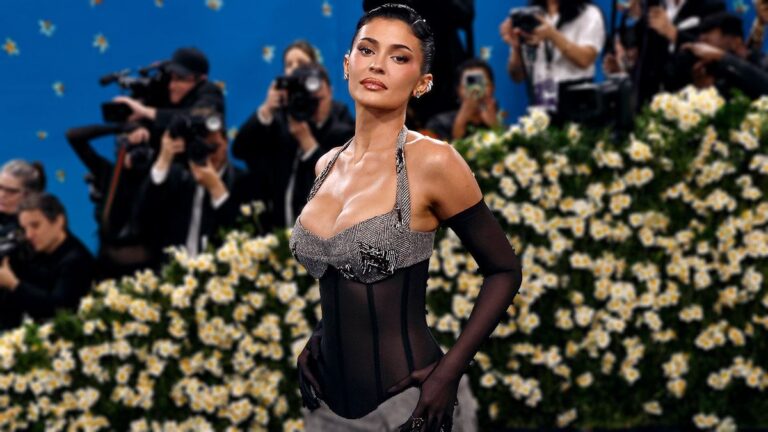“For a generation of audiences who have constantly been fed an almost exclusively media-friendly version of reality, radical honesty feels refreshing. It mirrors how consumers themselves talk online — with transparency, self-awareness and a healthy dose of scepticism,” says Thomas Walters, Europe CEO and co-founder of marketing agency Billion Dollar Boy. He notes that according to a recent Billion Dollar Boy report, 73 per cent of consumers are more loyal to brands they perceive to be authentic.
Whether carefully calculated or unintentionally revealing, this wave of candor is reshaping how consumers relate to brands and public figures, alike. But is honesty always the best policy? Can too much transparency backfire? And are we now packaging vulnerability just as strategically as we once packaged perfection?
How radical honesty became the currency of consumer trust
There’s nowhere to hide in a culture where everyone is terminally online and perpetually watching. From fashion call-out pages like Diet Prada to TikTok accounts dedicated to tracking celebrity surgery timelines, the internet is a 24-7 surveillance machine. Over time, celebrities such as the Kardashian-Jenners have learnt to manage this scrutiny by getting ahead of the scandal — seizing control of the narrative before it spirals. But as consumers grow increasingly media-literature, carefully PR-vetted, watered-down responses no longer suffice.
In this climate, radical honesty — whereby public figures offer blunt, unfiltered self-disclosures — has emerged as both a coping mechanism and a branding strategy. If you confess all of your flaws first, there’s nothing left to expose, or at the very least, “it means less when people critique them compared to performing perfection and creating a higher pedestal to fall from”, says fashion theorist Rian Phin.
“Being forthcoming softens the blow for scandals or mistakes, and makes stars less cancellable to their audiences,” Phin continues. “It’s the ‘relatable culture’ of the 2010s but backwards. Instead of celebs surprising you with facts that they’re just like you (Jennifer Lawrence eats PIZZA?!), they’re saying they have the same (bad) motivations and also succumb to universal evils like greed and vanity, which makes it difficult to be hard on them, because we feel these things too.”
This candour taps into deeper exhaustion. People are burnt out from trying to navigate a world where doing the ‘right’ thing often feels impossible — morally, financially and emotionally. This generation has come of age under the weight of overlapping crises: a global pandemic, unaffordable housing, mounting student debt, the rising cost of living, stagnant wages. These conditions have already sparked economic nihilism, where Gen Z consumers spend impulsively as a form of emotional relief. Radical honesty, in this context, becomes a pressure valve. It gives people permission to engage once-taboo behaviours (cosmetic surgery, fast fashion, the overuse of tech) without having to justify them.
Read More
How should brands navigate Gen Z economic nihilism?
In response to the turbulent socioeconomic climate they’ve grown up in, young consumers are embracing escapist aesthetics, chaotic spending beyond their means and contradictory expectations. How can brands respond?

“It’s less about the morality of the celeb’s honesty and more about appealing to people’s desires to do whatever they want without consequence,” says Phin. “That demographic doesn’t want to have to think about ethics when they shop or use AI, or what actually drives them to get cosmetic procedures, because they feel helpless to the conditions informing these things. It’s like ethical-consideration fatigue for people without a strong identity.”


